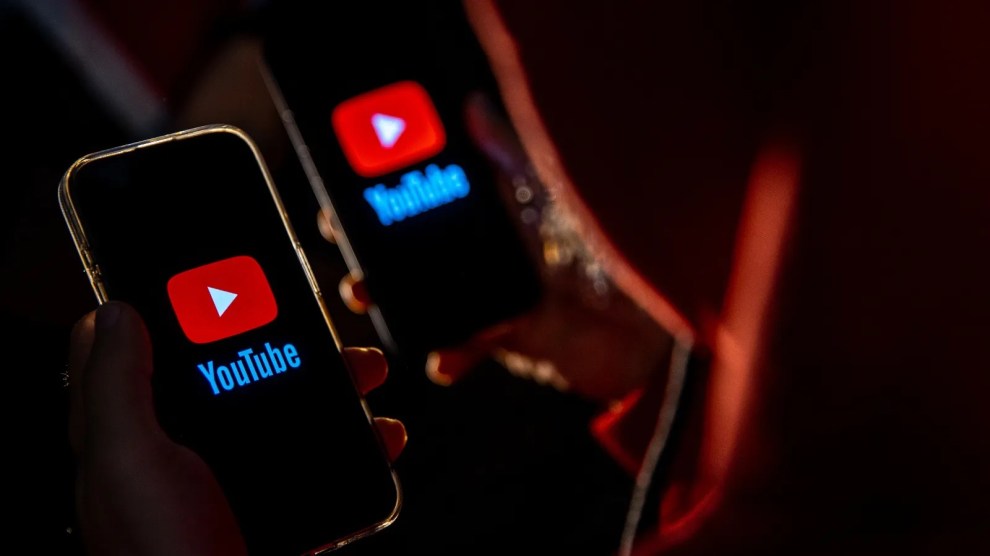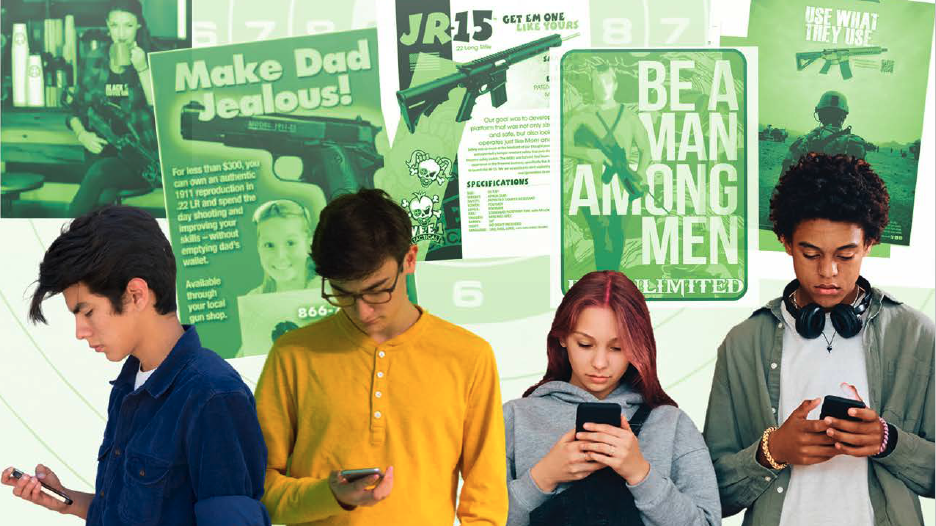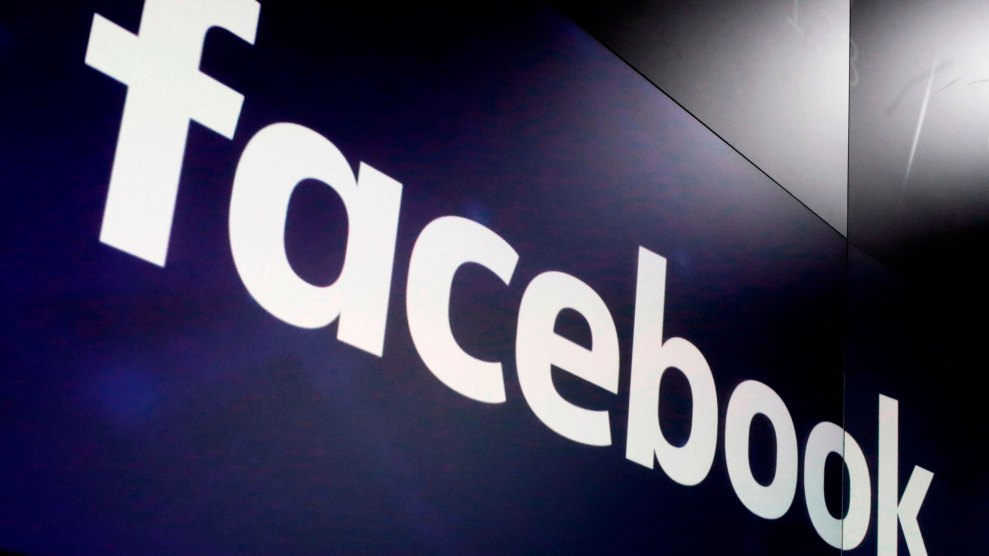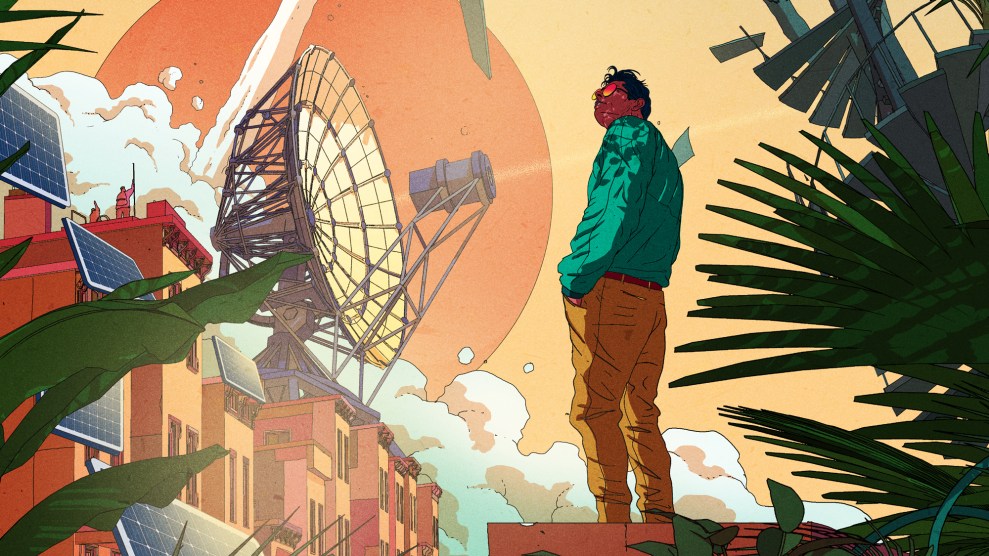
Giovanni Medalla
In 2009, when Facebook changed its newsfeed significantly for the first time, there wasn’t much uproar over “the algorithm.” Now we’re all talking about it—whatever “it” is. The algorithm and its ramifications have been the focus of congressional hearings and scholarly debates. In an article on the collapse of Twitter, writer Willy Staley noted “vague concerns about ‘the algorithm,’ the exotic mathematical force accused of steering hypnotized users into right-wing extremism, or imprisoning people in a cocoon of smug liberalism, or somehow both.”
But “the algorithm” does not exist. And widespread use of the phrase implies a false hope that we can fully understand our dizzying information system. If it were only the algorithm on YouTube radicalizing us, or the algorithm on Facebook weaponizing misinformation, then we would know how to fix these things. We would just need regulators to pressure Mark Zuckerberg into fiddling with some code, and things would go back to normal.
The truth is more unsettling: We are living with technology moving at an inhuman speed, operating at scales simultaneously smaller than we can detect and larger than anyone can comprehend.
Algorithms are about as old as basic mathematics. But ever since Alan Turing’s cryptography breakthroughs helped defeat the Nazis, most of us have associated the word with computing machines. Algorithms are, almost tautologically, what computers do: execute a series of discrete steps to transform an input into an output.
Our first mass exposure to a social media algorithm came in 2011, when Facebook altered its newsfeed again to more clearly favor popular posts over simple updates from “friends.” Digital media sites like (the aptly named) BuzzFeed quickly abused this feature to successfully break the internet with often meaningless content designed to go viral. We live in the shattered aftermath.
Contemporary invocations of “the algorithm” technically include both the current monstrosities and Comp Science 101 commands, but it fails to fully describe our brave new world. The media theorist Vilém Flusser has proposed we use “apparatus” instead, arguing that the emergence of new media has caused a mutation in the way humans relate to each other—and to their environment. From the fullness of our physical being we are reduced to mere “operators,” experiencing life primarily through the apparatus, which “programs” both the producers and consumers of media.
This may sound complex, but you have felt it. Think of a concert: After watching a band perform on Instagram, you attend a live show where you pull out your phone and record—for Instagram—the band’s encore, which became famous from Instagram. Even if you are not interacting with the algorithm, you are within the apparatus. The world has been cropped and edited.
There is a whimsy to Flusser’s conception—more fantasy than sci-fi. We have stepped through the looking glass. Rather than using the internet to communicate with people, we communicate with the machine. But it doesn’t listen. It responds—and trains us to respond back.
Consider TikTok. Users attempt alchemy—dancing, editing, talking to the camera—trying to figure out how to transmute their posts into viral gold. In each case, machine learning algorithms (plural) decompose every detail of how we watch and how we post, creating databases across thousands of dimensions. None of this data points to anything except for other data.
We seem to be grasping at some of this intuitively. TikTokers talk about training “my algorithm.” But that still offers an unearned personification to the machines. As we accept the content presented to us, we react as if it were the product of humans rather than human accounts; we accept our role as operators engaged in what Flusser calls “unconscious functioning.”
The fact that we see agency—often cruel but at least human—in the algorithm reveals our fundamental need for interpersonal connection. It lets us imagine someone like Zuck in control, instead of adrift in “the apparatus” like the rest of us. We wish Big Brother were watching. But we might just be alone with our phones.
















